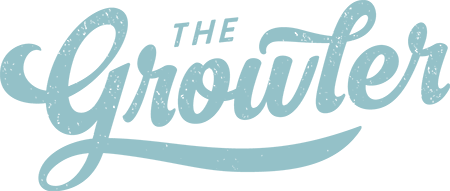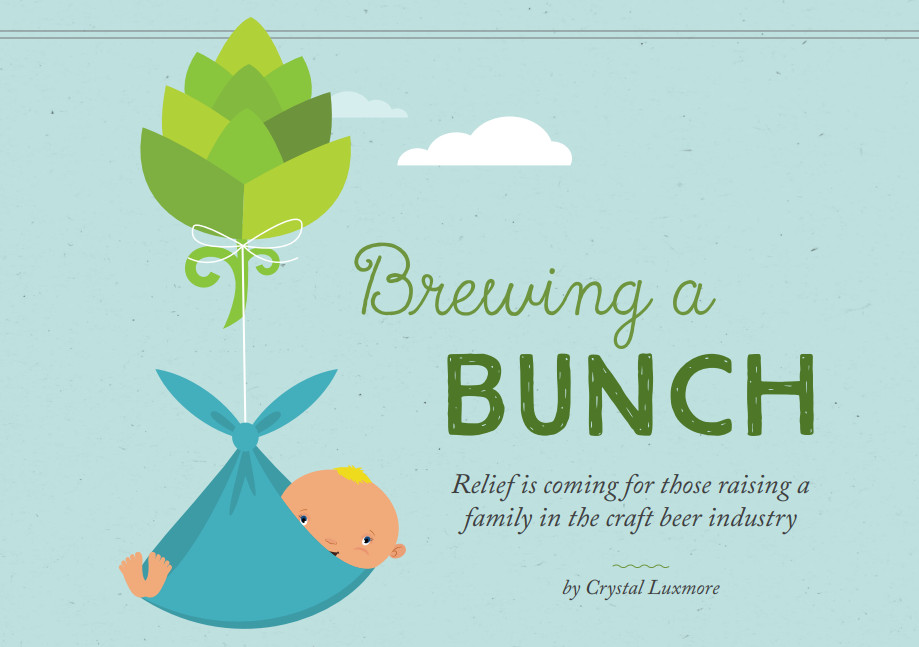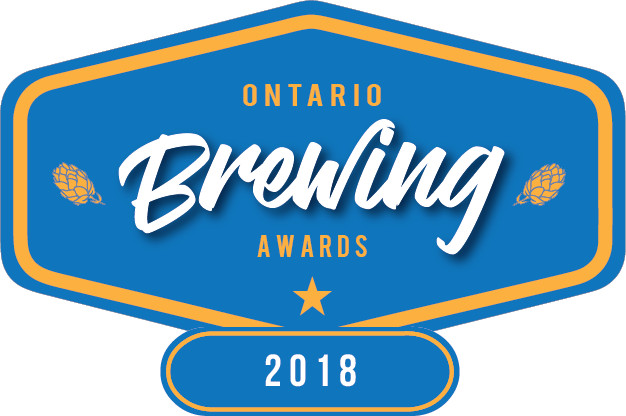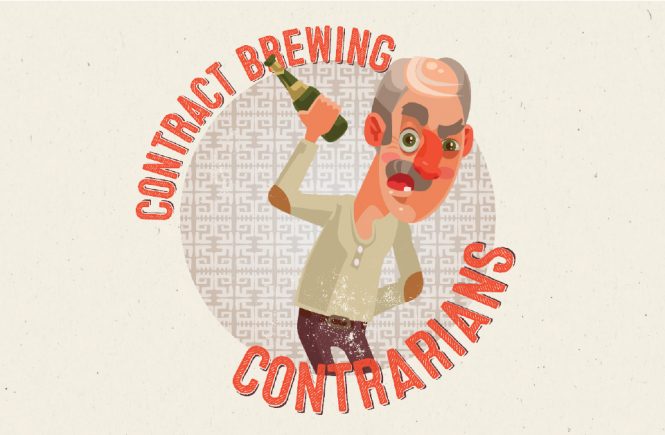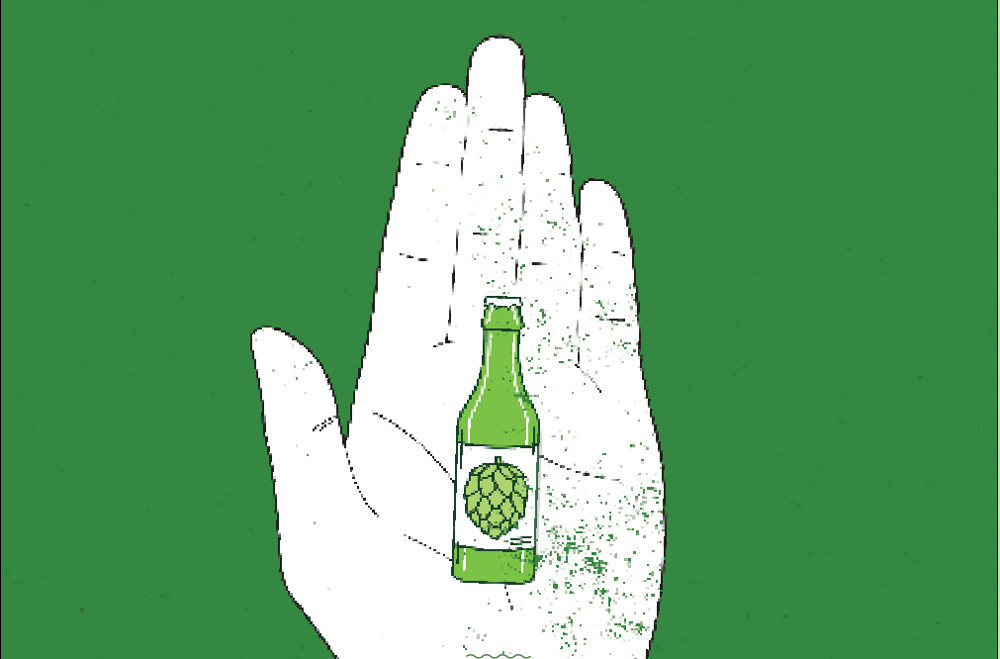
Grabbing a 12-pack from a corner store, or a case of lager at Costco might not be far off for Ontarians. On July 12, in their throne speech, the Ontario Progressive Conservatives made good on some of its campaign promises—including the one to allow all grocery, convenience and big box stores to sell beer and wine.
In this spring’s election campaign, Doug Ford, leader of the Ontario PC Party campaigned on two promises to “put people first” when it comes to beer sales—opening up sales beyond the Beer Store, LCBO and 450 grocery stores that the Liberal Party negotiated in a 2015 agreement, and reducing the price floor so that buck-a-beer sales are possible. (We have yet to hear whether the latter will actually happen.)
Of these two promises, the first one, if it’s implemented the right way, could seriously free up the way Ontarians buy beer and give us more choice.
The first thing the government needs to do is allow these stores to sell any beer or wine available in Ontario—not just what’s already for sale at their competitors. Under the current system, grocers are limited to listing products from an LCBO catalogue. And guess what? All of the products listed are already for sale at either The Beer Store or LCBO. This ensures that grocers can never compete on selection, offer rare bottles or one-offs, or be the exclusive purveyor of a certain brewery.
It keeps the LCBO at the top of the food chain. But for consumers, it keeps the selection of local, craft and imported beers in Ontario pathetically limited. The LCBO’s severely limited shelf space means it simply can’t stock many of the fascinating imported brews being brought to Ontario by passionate import agencies, and it can only make room for one or two brands from most of the over 260 craft breweries in the province.
Opening up selection for new stores opens up choice for all of us. Picture this: a hip corner store in Toronto selling fresh-squeezed juices, fancy snacks and small-batch sour beers from Left Field or Small Pony Barrel Works. Or a cheap convenience store offering a 24-pack alongside ice and chips, and open on statutory holidays.
There is hope. In Ford’s original campaign promises on freeing up access to beer, outlined on the Ontario PC website, the party cites the wider selection of beer available in fully-privatized Alberta as inspiration:
“Alberta serves as a good example on how this policy will increase consumer choice. According to the Alberta Liquor and Gaming Commission, there are currently 21,793 spirits, wines, beers, coolers and ciders available for sale in Alberta. Compare that to the mere 13,618 offered by the LCBO.”
On the other hand, Premier Ford has also promised to “maintain the current LCBO model as part of expanding distribution of beer and wine,” so there’s a chance he’ll let the Crown corporation continue to control selection for every beer drinker in Ontario.
The second thing this new deal has to do is get rid of—or at least quickly phase out all favourable treatment to—the Beer Store.
The Beer Store’s retail model was created by the government after prohibition. It is a nearly 100-year-old holdover, majority-owned by foreign multinational beer giants—Labatt Breweries of Canada (owned by AB InBev), Molson (owned by Molson Coors) and Sleeman (owned by Sapporo). Sure, there have been a few concessions, like allowing small brewers to buy shares, a slice of board membership, and list their beers for free in five of their stores. But these came too late and felt like a desperate public relations move to try to appease a government-ordered review of beer retail in Ontario. Today, the majority owners remain firmly in charge.
The Beer Store enjoys favourable treatment. It’s the only store in Ontario that can sell formats larger than 12-packs (grocery stores can’t sell anything larger than a six-pack, and only a handful of LCBOs are permitted to do so). The Beer Store controls which beer goes on sale at a discounted price and when—grocery stores can offer the same sale but can’t discount beer independently. The Beer Store has no limits on opening new stores, and if the LCBO wants to open a new location, the Beer Store can block it by opening a location of its own instead.
The Beer Store escaped largely unscathed and stubbornly unchanged after the 2015 agreement. Want evidence? Just go to the Beer Store and ask yourself, has your shopping experience been radically transformed by the $80 million they’re obligated to spend on more open and inviting store design by the end of this year? Is it easy to find your favourite craft brands? Nope. Have we seen enough Beer Boutiques open, where customers can stroll through the aisles and look at all the beers for sale? Nope.
The system of beer sales in Ontario is an embarrassment. It’s infuriating to explain the concept to people visiting from outside the province—they don’t understand why we put up with it and then chuckle at its very existence. As for us Ontarians? We were so grateful for the 2015 agreement’s radical move to put beer in grocery stores that we’re back to collective complacency. So we allow the biggest foreign multinational beer conglomerates an exclusive right to have their own chain of stores; and to be the only retailer in the province that’s allowed to sell beer in formats bigger than a 12-pack!
The big question is what Ford’s PCs will do when they face a full-court press from Beer Store lobbyists, a potential lawsuit from The Beer Store for pulling out of a nearly 100-year-old ongoing deal with the government, and angry international beer conglomerates with deep donor pockets.
The third thing the PC Party needs to do to create a beer retail environment that is “for the people,” is to continue to offer some protection for independently-owned breweries at convenience stores and any other new retail outlets. Under the 2015 Agreement, the government mandated that grocery and beer stores must dedicate 20 per cent of their shelf space to independently-made beer from “small” breweries anywhere in the world. Loblaws later announced its strategy to dedicate 50% of its beer fridge to Ontario craft beer.
Let’s look at the results of that: The amount of craft beer sold at the Beer Store is four per cent of total sales, at the LCBO it’s 10 per cent and in grocery stores it ranges from 20-40 per cent of all beer sales. The way that beer is merchandised, and the choices available to us directly impacts the growth of the craft beer market in Ontario.
And we’ve got a long way to grow: In the U.S. craft beer sales are slowing at just over 20 per cent market share. In Ontario, we’re around eight per cent market share for locally-made craft beer, with about 20 per cent growth in craft beer sales year-over-year.
The government should legislate that at least 20 per cent of new store shelf space be dedicated to beer made by small independent brewers from anywhere in the world. This will help secure continued growth for local breweries, especially as they figure out the infrastructure and cost challenges of delivering beer to an unlimited number of retail outlets.
If Premier Ford’s beer reform includes allowing any retailer to freely choose the products it sells; cutting the cord with The Beer Store; and reserving some shelf space for independent breweries the future is bright and bubbly. Now that would be putting people first.
